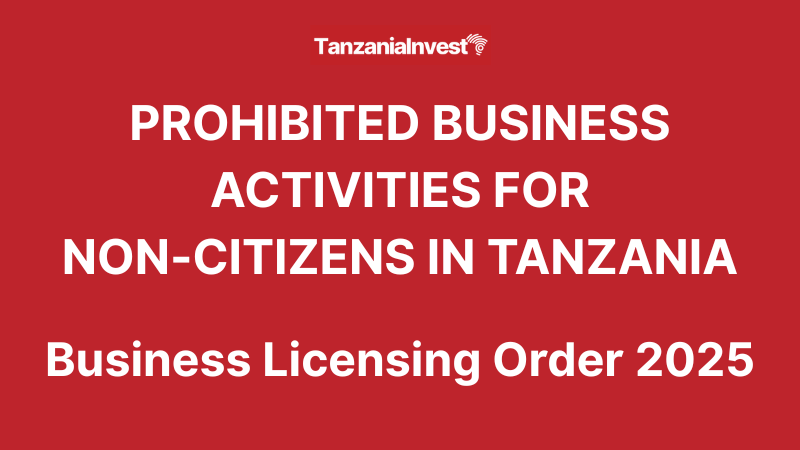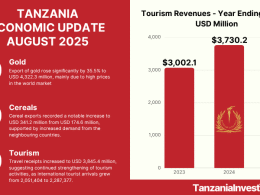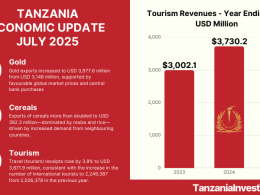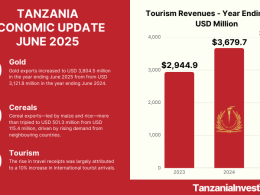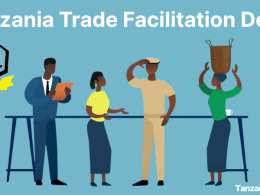Tanzania has enacted a new regulatory order prohibiting non-citizens from engaging in specific business activities in the country, with immediate compliance required.
The measure, titled “The Business Licensing (Prohibition of Business Activities for Non-Citizens) Order, 2025,” was issued under Government Notice No. GN 487A on 28 July 2025.
It aims to strengthen local content participation by ensuring that certain categories of business activities are reserved exclusively for Tanzanians capable of operating them.
The order outlines a definitive list of business types in which foreign nationals are no longer permitted to operate or invest. The prohibited activities include:
- The business of sale of goods on a wholesale and retail basis, excluding supermarkets, specialised product outlets, and wholesale centers for local producers.
- Mobile money transfers.
- Repair of mobile phones and electronic devices.
- Salon business unless the business is conducted in a hotel or for tourism purposes.
- Home, office and environmental cleanliness.
- Small-scale mining.
- Postal activities and parcel delivery within the country.
- Tour guiding within the country.
- Establishment and operation of radio and television.
- Operation of museums or curio shops.
- Brokerage or agency in businesses and real estate.
- Clearing and forwarding services.
- On-farm crop purchasing operations.
- Ownership or operation of gambling machines or devices, except within casino premises.
- Ownership and operation of micro and small industries.
Non-citizens found engaging in prohibited business activities may face a fine of up to TZS 10,000,000, imprisonment of up to six months, revocation of visas and residence permits, and forfeiture of business assets.
Tanzanians found aiding or facilitating such activities may face a fine of up to TZS 5,000,000 or imprisonment of up to three months.
The order allows existing businesses to continue operating until the expiration of their current licences, after which the licences will be suspended.
Businesses affected by the new order are advised to conduct immediate compliance assessments, pursue necessary legal and administrative steps to wind down operations, and explore permissible business activities under the revised framework.





